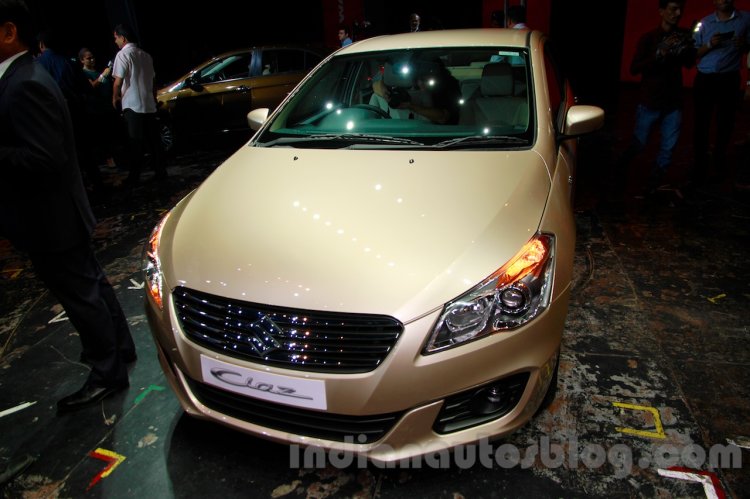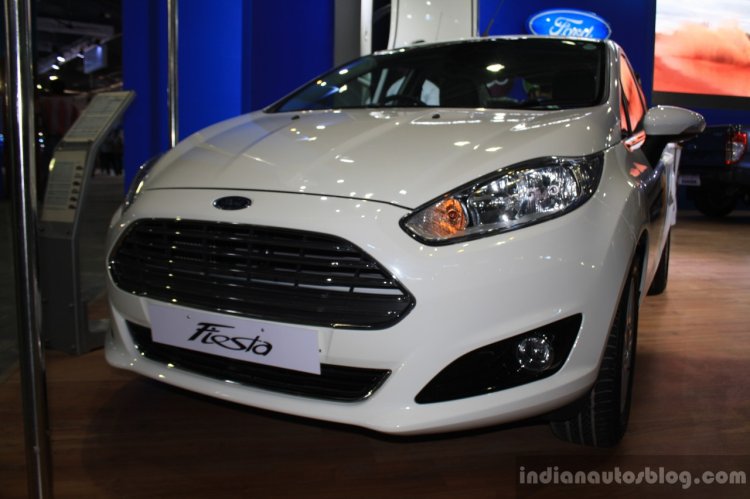Heavy bookings for all-new launches is a big clue to laggards.
It could be the post-election euphoria, the onset of the festival season, or the slew of product launches in the last few months, whatever be the reason, the Indian automobile growth story seems to be back on track. Major brands like market leaders Maruti-Suzuki and Hyundai have reported 4 continuous months of growth in sales. With the festive season on, it could only get better, says a report.

Maruti Suzuki has shown growth of 19.9 percent in July, 29.3 percent in August and 9.8 percent in September, compared to the same months in 2013. Hyundai India has reported growth of 12.7 percent in July, 19.2 percent in August and 14.5 percent in September.
According to the report, Hyundai's senior vice president for sales & marketing, Rakesh Srivastava expects the festive season to contribute 10-15 percent growth. The recent high-profile launches like the Hyundai i20, Tata Zest and Honda Mobilio have officially garnered 20,000, 10,000 and 19,000 bookings.

However, even though the macro outlook is improving, some companies are still waiting for the positive wave to hit their fortunes.
Also Read: Used car market to overtake new car market in India
Ford India's numbers have been dropping, despite the success of the EcoSport and the relaunched Fiesta, with the company selling 7,592 units in July, 6,801 in August and 6,786 units in September. Similar fate has met GM and local player M&M. Mahindra had launched the next-generation Scorpio towards the end of September and should get relief from it in the festive season.
[Source - The Economic Times]
















